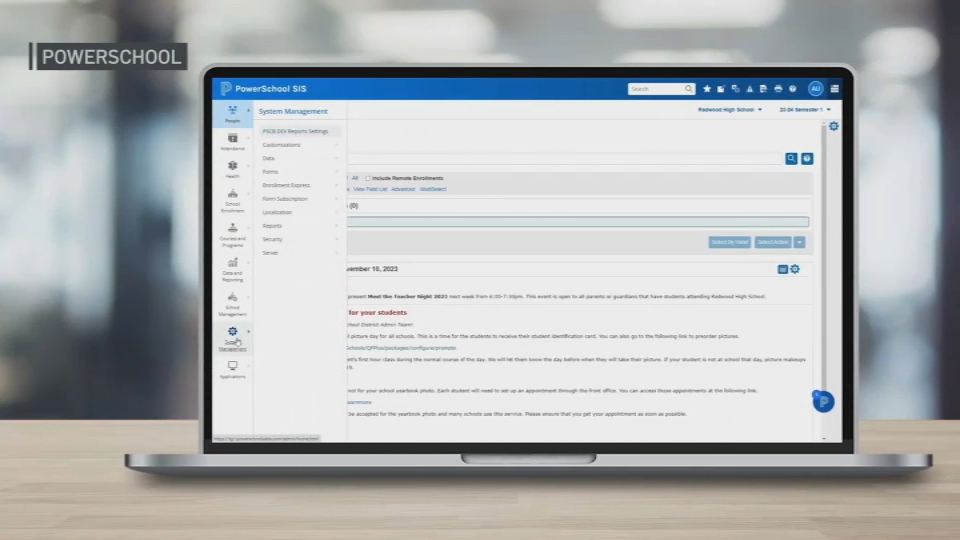The “No” campaign opposing a plan to bring Needham into compliance with Massachusetts’ MBTA Communities Act was victorious in a special referendum Tuesday.
Voters in Needham, Massachusetts, rejected a plan that would have added re-zoned areas for new multifamily housing and bring the town into compliance with the MBTA Communities Act.
The special referendum failed by a vote of 6,904–4914, meaning nearly 60% of the town's voters were opposed.
The law has received heavy pushback over the past several months in several communities, and Needham was the latest town to be divided over the attempt at solving the state's housing crisis. The town will have to submit a new strategy to the state to come into compliance with the law.
In October, voters in Needham approved a plan that put them in compliance with the housing law by allowing for nearly 3,300 units of multifamily housing to be built on the town's main commercial strip.
Under the law, the town only needed to allow 17 to 84 units of housing to be developed "by right," or without going before the zoning board for approval.
A "yes" vote Tuesday would bring Needham in compliance with the MBTA Communities Act, while a "no" vote would put them in violation of the law.
Supporters say more affordable housing is what Needham needs.
"I think a lot of people talk about affordable housing…no one’s doing a lot about it…if a wealthy town like Needham’s not doing it, then who is," Nick Halaby said.
A group opposing the measure, Needham Residents for Thoughtful Zoning, gathered enough signatures needed to trigger Tuesday's referendum. They argue the plan goes too far, and say it would lead to overcrowded schools, more traffic and overdevelopment.
"I don’t think we need more density to have more buildings built," new zoning opponent John Frankenthaler said.
Many opponents say they’re not totally against it, they just want a second smaller plan approved.
Last week, the Supreme Judicial Court ruled on the first legal challenge to the law, by the town of Milton.
The SJC said the MBTA Communities Act is constitutional, but it’s not enforceable until the Healey Administration fixes the regulatory process.
Needham could lose over $1 million in state grants if it’s found to be noncompliant, though the Healey administration filed emergency legislation Tuesday to give noncompliant communities more time.



